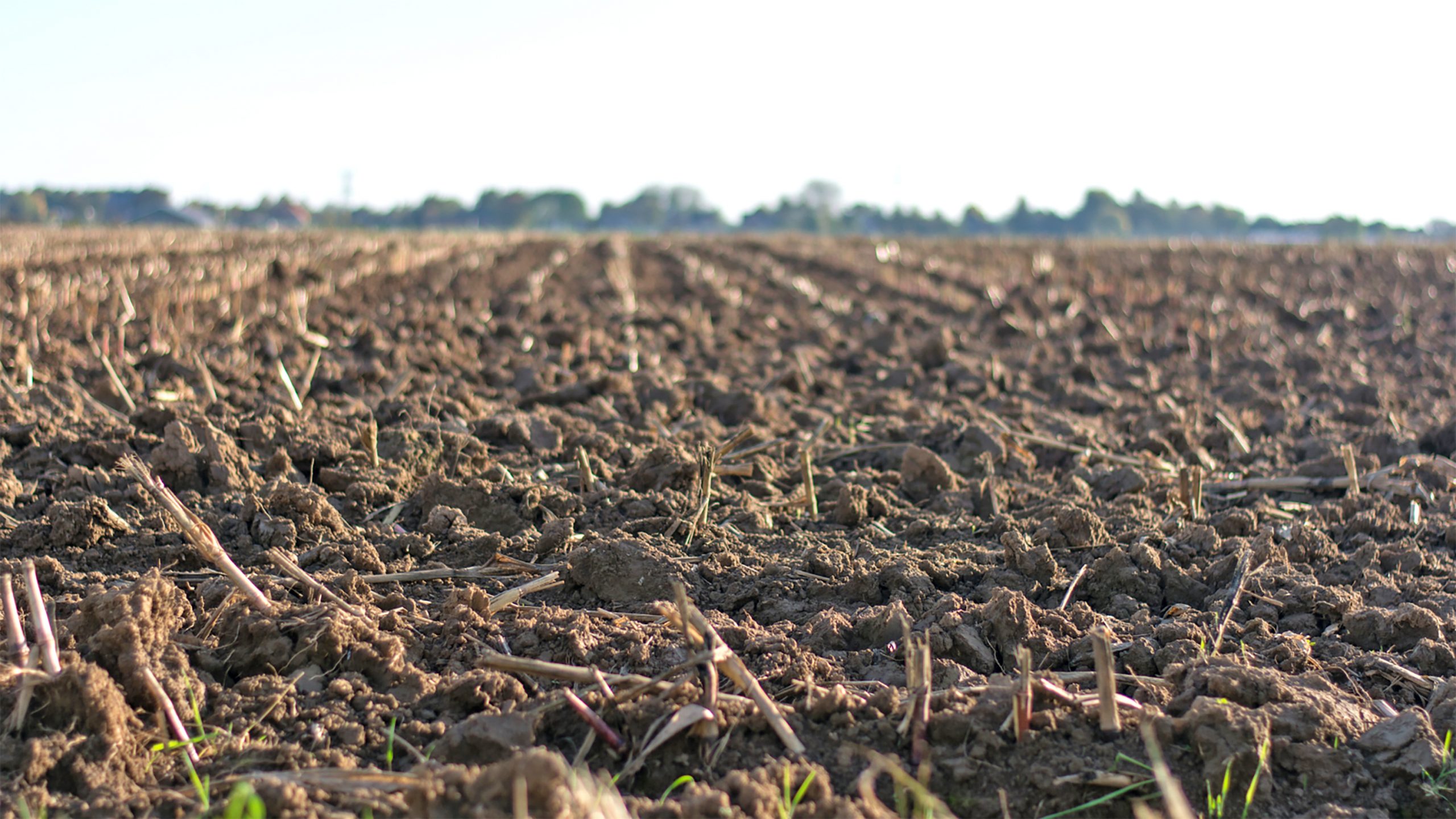ONTARIO – The Senate of Canada has made a series of recommendations around the future of Canada’s soils and their strategic importance to our country.
The findings are part of a report released last month by the Standing Senate Committee on Agriculture and Forestry called “Critical Ground: Why soil is essential to Canada’s economic, environmental, human and social health,” – and they’re particularly welcomed by farmers whose livelihoods depend on healthy, productive soils.
The Ontario Federation of Agriculture would like to congratulate the Senate for tackling a topic that isn’t always headline-grabbing, but is fundamentally important to Canada’s food security and economic prosperity.
In particular, we’d like to give a shout out to Senator Rob Black of Ontario and his colleagues whose leadership and drive helped move this study forward.
Nearly two years in the making, this report follows the Senate’s last report on soil health released in 1984, and signals the need for renewed attention on the issue of soil health, conservation and protection in presenting 25 recommendations for government consideration.
These recommendations reflect how attitudes towards soil health and conservation have evolved in the last 40 years, and points to today’s greater urgency to not only recognize how vital healthy soil is to maintaining a robust and resilient agricultural sector, but also how critical it is to protect and maintain it.
The recommendations focus on themes of understanding soil health and its evolution, building soil-based incentives and initiatives for agriculture, promoting soil health and agricultural and forestry land preservation for a better future.
The OFA supports these recommendations to government and now is the time to take action.
The agriculture sector is keen to turn these ideas into reality across the landscape.
Farmers want to help Canada be a leader in soil health and conservation, preserve our soils and ensure that we leave our soils in better condition than we found it, so that future generations have the opportunity to grow food, fibre, fuel and flowers if they wish to do so.
For OFA, this means continuing to advocate for the funding and resources that will support soil health improvement on the farm, as well as making sure our members are aware of what they can do to continue to implement best management practices that will contribute to better soil health.
Canada’s soils are very diverse across the country so it’s important to recognize that soil health solutions and practices can’t be a one-size-fits-all approach.
At the same time, we encourage the federal government to put a greater focus on soil health nationally and incentivize farmers across Canada to work towards the same goals.
Recommendations aren’t functional without the proper resources to implement them, and we appreciate that the report recognizes the need for financial and resource support for soil health initiatives.
One recommendation in particular calls for funding soil extension services and peer-to-peer learning, which recognizes that implementing soil health beneficial management practices may need technical support to be adapted to the wide variety of farms and agricultural landscapes in Ontario.
‘Collaboration’ and ‘consensus’ are recurring themes in the recommendations.
This is absolutely necessary, and there are many positive activities already underway spearheaded by organizations and groups like the Ontario Soil and Crop Improvement Association, the Ontario Soil Network, the Greenbelt Foundation and the Soil Action Group, which is working towards the implementation of Ontario’s Soil Health and Conservation Strategy.
Farmers themselves are keen partners in soil research and adopters of new soil health practices and technologies, and we’ll need all the pieces to come together to see successful action and impact.
For OFA, it was also encouraging to see a recommendation focused on ensuring the economic viability of farm businesses – this is a very necessary pillar of environmental sustainability.
Agriculture must be able to be profitable and competitive in order to have the resources to make investments in the new technologies and practices that will encourage soil health and conservation.
This means farmers need tools and programs that will mitigate the risks of adopting new practices and encourage implementation of new technologies.
Long term, this will benefit all Ontarians.
Afterall, soil is a fundamental building block of our ability to produce food – and food security is a key pillar of our national security.
That’s why preserving our soils and making sure our prime agricultural land is protected and available to farm is so important.




